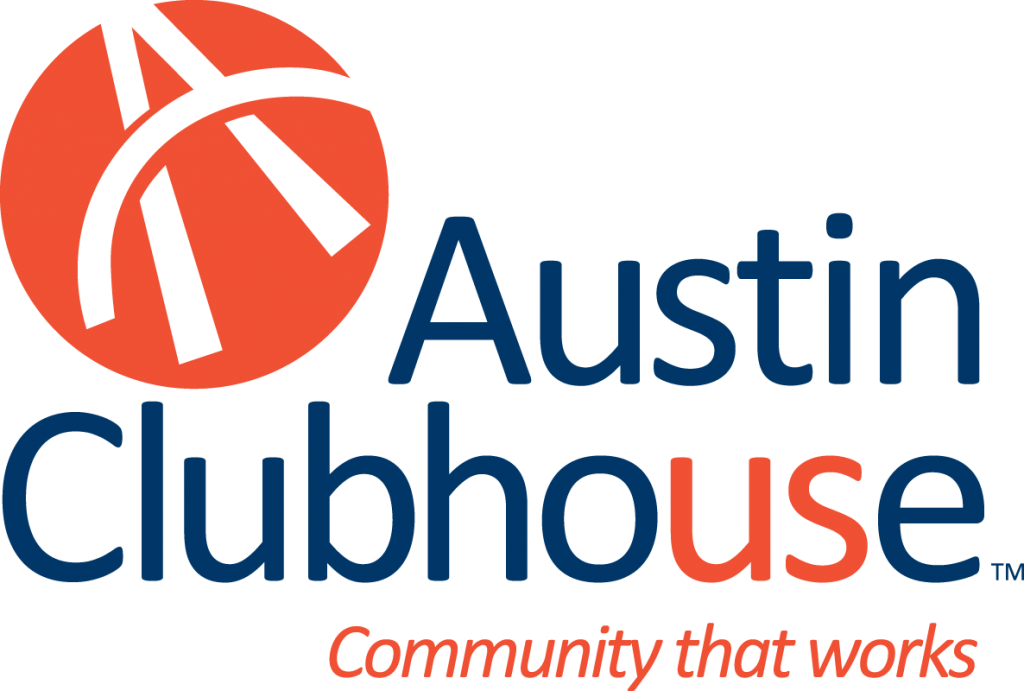Brian’s Story
Before Austin Clubhouse, I always felt a bit isolated because I could not share my diagnosis of bipolar and its symptoms with anyone outside my nuclear family. I had to rely on friends I met through my Jewish identity, or my love of playing sports or public speaking. I was frustrated because I usually had to hide my mental health diagnosis, since mental health is often considered a taboo subject. I was somewhat isolated and hesitant to socialize.
At the Austin Clubhouse I was in an environment where everyone was accepted for who they are in the context of having a mental health diagnosis. I had always gotten help from doctors and therapists, but at Austin Clubhouse I was able to cook, eat, play games, and interact with peers in a productive and uplifting atmosphere. I could discuss things about my past with peers who often faced similar issues, without being in a clinical atmosphere.
It only took a few trips to lunch and a couple of social events to realize that I have a special bond with both the members and staff of Austin Clubhouse. The Work-Order Day, and the informal, but solid, structure it provides allows me to focus on what I am good at. For example, I’m not a great cook, but I love to serve lunch to members, and I love to donate books, play games, or help clean tables.
Recovery is a lifelong process, but I have been able to work full-time for almost 5 years, and feel a very strong bond with most everyone at Austin Clubhouse- staff and members.

